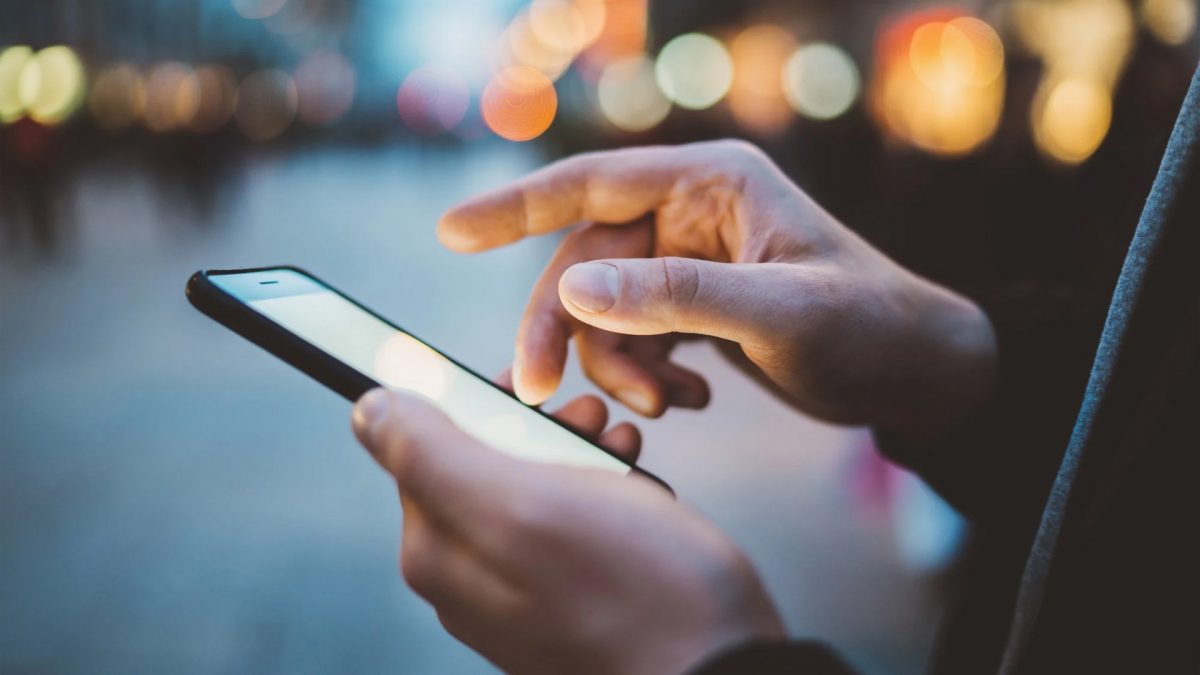Smartphones have become an integral part of modern life, but their overuse may be taking a toll on our mental and emotional well-being, according to Dr Wendy Suzuki, an eminent neuroscientist and memory researcher.
In a discussion on “The Diary of a CEO” podcast with Steven Bartlett, Dr Suzuki highlighted the potential dangers of excessive smartphone use, particularly its impact on brain health, emotional stability, and social connections.
Smartphone addiction’s effect on the brain
Dr Suzuki described the phenomenon of smartphones “frying” our brains as the result of overstimulation and constant exposure to digital content. This overuse triggers frequent dopamine hits and stress responses, which, over time, can alter the brain’s neural pathways.
She pointed out that this constant bombardment of stimuli limits the brain’s potential for growth and plasticity, ultimately reducing our capacity for joy and fulfilment in real-life interactions.
The neuroscientist likened the experience of using social media apps to gambling, where users are constantly seeking the next dopamine hit.
The act of refreshing a feed, receiving notifications, or checking for likes creates a loop of reward-seeking behaviour that can lead to compulsive smartphone use. This, she warned, can significantly impair our ability to form and maintain genuine human connections.
Impact on mental health and social connections
Dr Suzuki expressed particular concern about the effects of smartphone addiction on young people. She noted that as children and teenagers have started spending more time on social media—sometimes up to seven hours a day there has been a noticeable increase in anxiety and depression, especially among young girls.
Impact Shorts
More ShortsThe constant comparisons, pressure to maintain an online presence, and instant feedback from likes and comments can exacerbate feelings of inadequacy and stress in adolescents.
The neuroscientist also highlighted the broader societal implications of reduced face-to-face interactions. She explained that real human connections activate key regions of the brain that are crucial for empathy, emotional intelligence, and deep relationships. When we choose to engage with our smartphones instead of with people around us, these neural pathways may weaken, leading to diminished social skills and emotional well-being.
Having a healthy relationship with your smartphone
Despite the challenges posed by smartphone addiction, Dr. Suzuki believes that individuals can take proactive steps to mitigate its impact and promote better brain health. She offered several evidence-based strategies for developing a healthier relationship with digital devices:
Digital Detox: Dr Suzuki recommended taking regular breaks from smartphones to reset habitual behaviours like constantly checking for notifications. These breaks can help individuals rediscover healthier ways to spend their time and reduce dependence on digital stimulation.
Exercise: Physical activity is a natural way to combat anxiety and depression. Even just ten minutes of walking can significantly improve mood and reduce stress levels, providing a natural counterbalance to the effects of smartphone addiction.
Conscious Breathing: Engaging in deep breathing exercises can activate the body’s relaxation response, helping to counteract the stress and anxiety associated with constant connectivity. Dr. Suzuki suggested that taking just a few deep breaths can have a profound impact on calming the nervous system.
Mindful Meditation: Practicing mindfulness helps individuals stay present in the moment rather than constantly seeking external stimulation. This practice can strengthen one’s ability to focus and be more attuned to real-life interactions.
Reframing Anxiety: Dr Suzuki encouraged people to view anxiety not as something to be eliminated, but as a useful tool that reveals what truly matters to them. By reframing anxiety in this way, individuals can use it as a catalyst for personal growth and self-awareness.
Dr Wendy Suzuki’s insights serve as a reminder of the importance of balancing digital engagement with real-world interactions. While smartphones have revolutionized the way we communicate and access information, their overuse can have serious consequences for our mental health and social well-being.
By adopting healthier habits and being mindful of our digital consumption, we can protect our brains and ensure that technology enhances, rather than detracts from, our lives.


)

)
)
)
)
)
)
)
)



